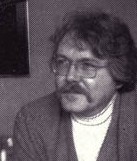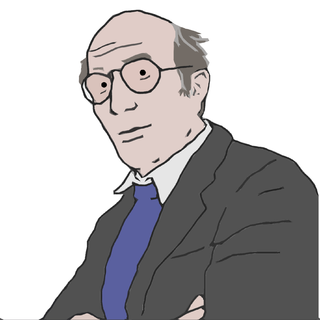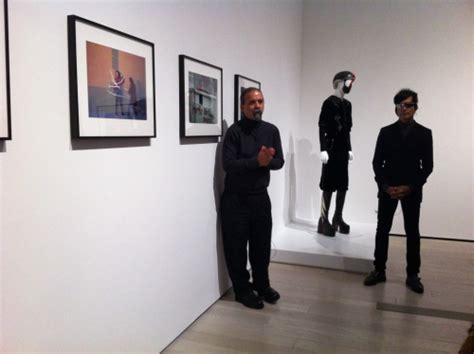A Quote by Thomas de Quincey
All that is literature seeks to communicate power
Quote Topics
Related Quotes
To narrate is to give oneself: it seems obvious that literature, as an effort to communicate fully, will continue to be blocked so long as misery and illiteracy exist, and so long as the possessors of power continue to carry on with impunity their policy of collective imbecilization through the mass media.
The one and only substitute for experience which we have not ourselves had is art, literature. We have been given a miraculous faculty: Despite the differences of language, customs and social structure we are able to communicate life experience from one whole nation to another, to communicate a difficult national experience many decades long which the second of the two has never experienced.
Where my earlier works, what sets them apart is that I didn't need approval and I didn't need permission from anyone because I wasn't being paid. So, to me, I was allowed the freedom, the total freedom to just communicate how I wanted to communicate and my whole level of perspective was to communicate to the barrios, communicate to the gangs and communicate to the people that frequent the thoroughfares that were populated by these gangs and by this life style.
































